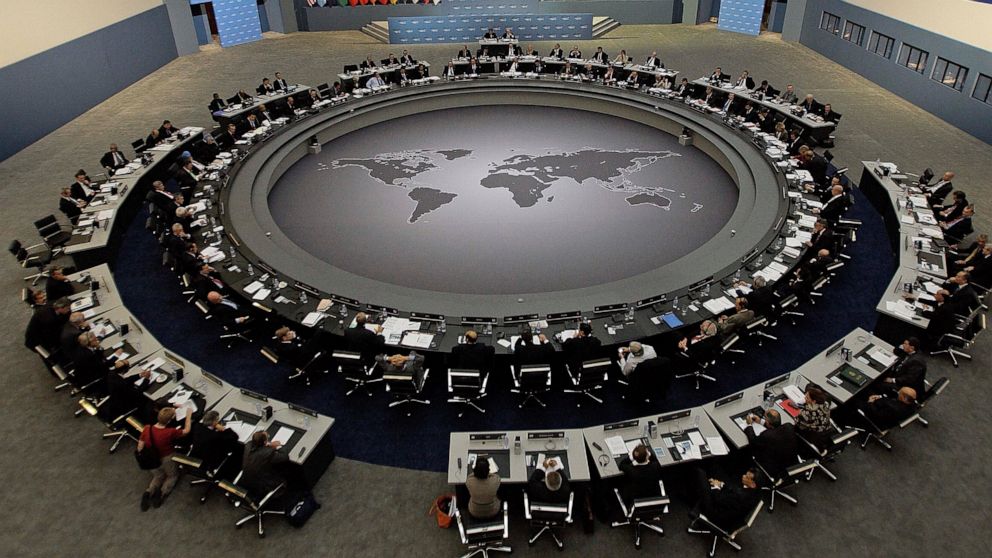
EXPLAINER: What's so big about the G20 besides economies?
ABC News
The G-20, whose annual summit plays out in Rome this weekend, has morphed from its creation in the 1990s as an international group to grapple with financial crises into a forum facing such pressing problems as worldwide vaccine access and climate change
ROME -- The Group of 20 has morphed from its creation in the late 1990s as an international body to grapple with financial crises into a forum for addressing urgent problems like worldwide vaccine access and climate change. Whether the G-20's structure suits helping to respond to the evolving needs of our times will be put to a test when the leaders of the world's largest economies hold their first face-to-face summit of the COVID-19 in Rome this weekend.
———
WHO’S IN THE FOLD?
The Group of Seven industrialized nations - which was the Group of Eight for a few years before Russia's suspension over its annexation of Ukraine's Crimea Peninsula — is likely the better known “G” grouping. The Group of 20 folds in all seven: Britain, Canada, France, Germany, Italy, Japan and the United States. Other members include a dozen other countries, established powerhouses as well ones with fast-growing economies: Argentina, Australia, Brazil, China, India, Indonesia, South Korea, Mexico, Saudi Arabia, South Africa and Turkey. The European Union is the 20th member, and since the EU consists of 27 nations – including three in the G-7 -- the G-20 actually represents the interests of considerably more than countries.
